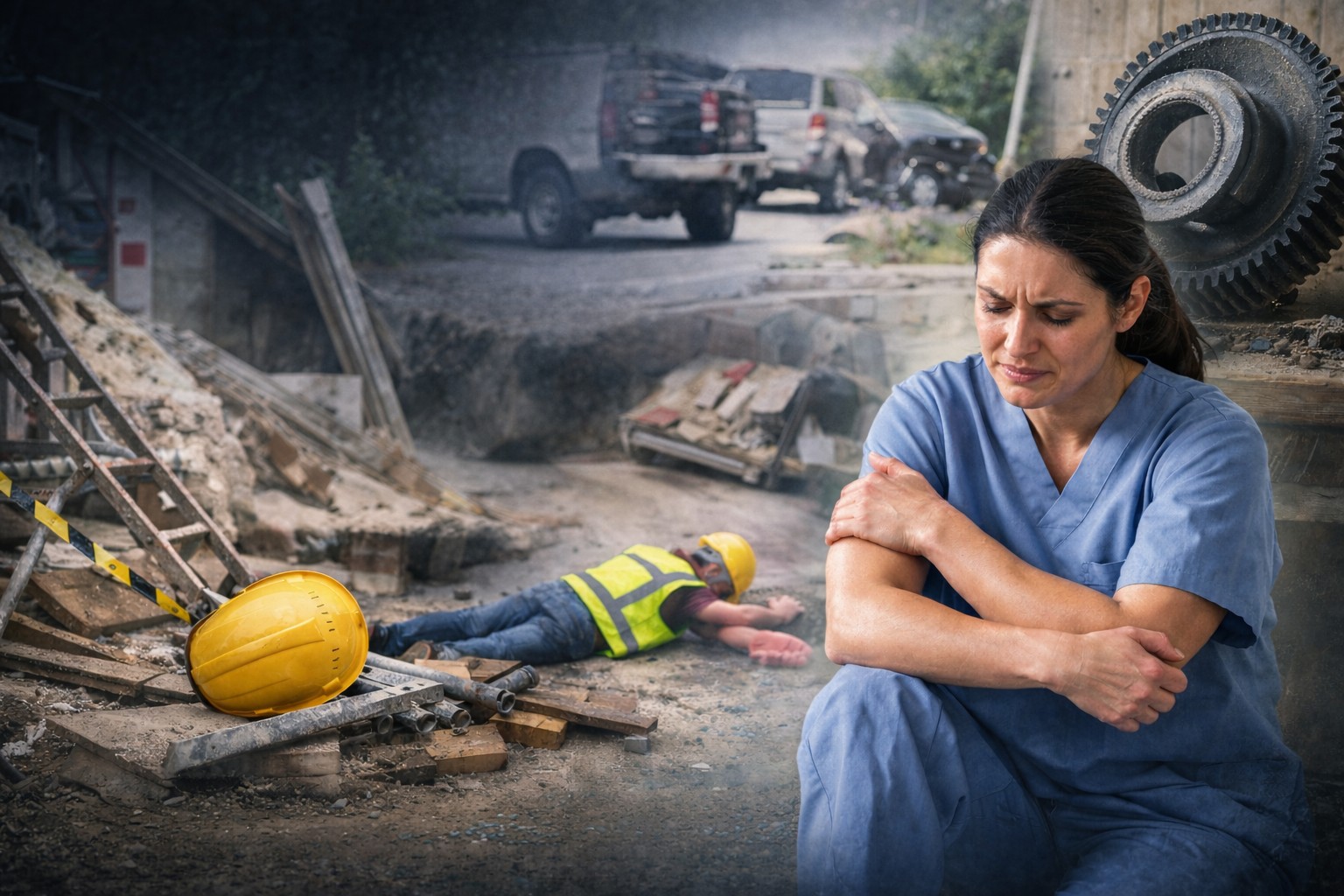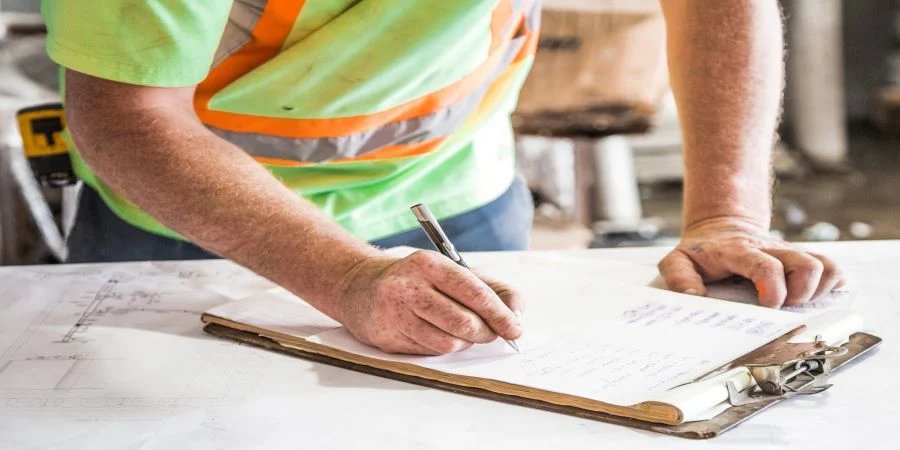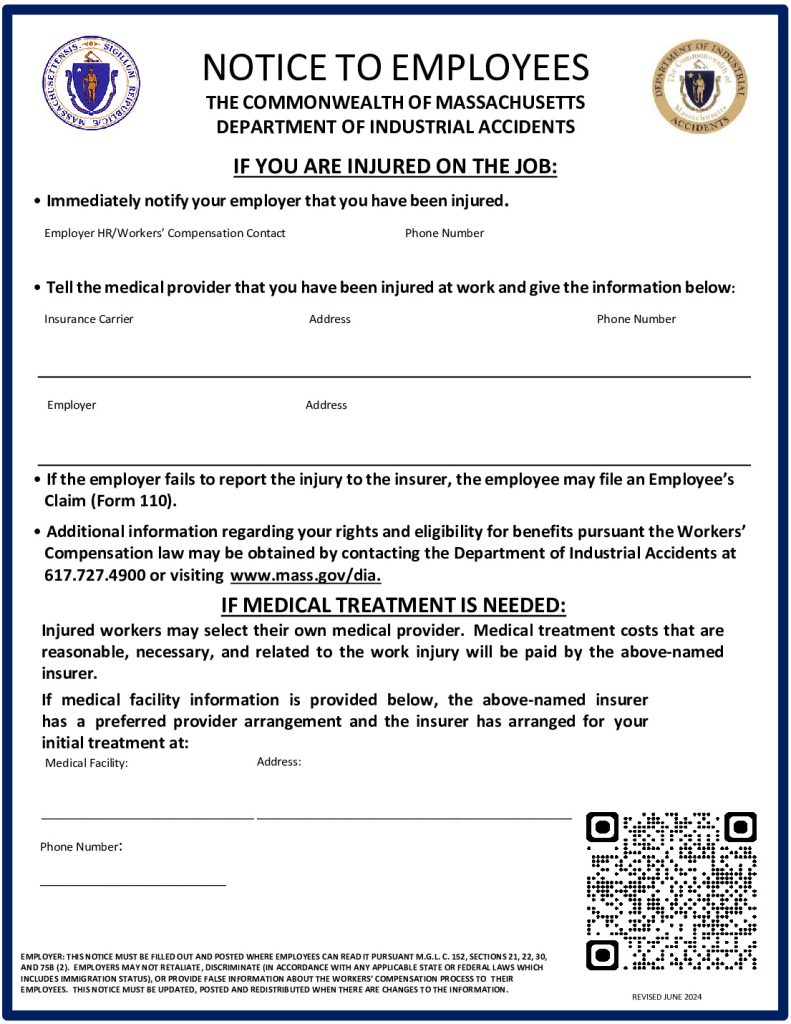 If you were injured at work, you were likely told that workers’ compensation is your only remedy. Workers’ compensation does provide important benefits, but it is not always the only legal claim available — and in many cases, it is not the most valuable one.
If you were injured at work, you were likely told that workers’ compensation is your only remedy. Workers’ compensation does provide important benefits, but it is not always the only legal claim available — and in many cases, it is not the most valuable one.
In Massachusetts, a large number of workplace injuries are actually caused by the negligence of someone other than the employer. When that happens, injured workers may have the right to pursue a third-party personal injury claim in addition to receiving workers’ compensation benefits.
These third-party claims can dramatically increase an injured worker’s total financial recovery. Unfortunately, they are also frequently missed or never investigated, especially in high-volume workers’ compensation practices.
Understanding Third-Party Claims in Work-Related Injury Cases
A third-party claim is a civil personal injury lawsuit brought against a negligent person or company other than your employer or a co-worker.
 Boston Workers Compensation Lawyer Blog
Boston Workers Compensation Lawyer Blog


 A new year often brings new jobs, new responsibilities, and new opportunities. Unfortunately, it can also bring new workplace injuries. If you were hurt on the job, the actions you take in the days and weeks that follow can have a lasting impact on your health, your income, and your future.
A new year often brings new jobs, new responsibilities, and new opportunities. Unfortunately, it can also bring new workplace injuries. If you were hurt on the job, the actions you take in the days and weeks that follow can have a lasting impact on your health, your income, and your future.
 If you’re hurt on the job in Massachusetts, one of the most stressful moments in your workers’ compensation case is the Independent Medical Examination, commonly called an IME. The workers’ comp insurance company sends you to a doctor who they choose, at a time they choose, for an exam you didn’t ask for.
If you’re hurt on the job in Massachusetts, one of the most stressful moments in your workers’ compensation case is the Independent Medical Examination, commonly called an IME. The workers’ comp insurance company sends you to a doctor who they choose, at a time they choose, for an exam you didn’t ask for. If you’re hurt on the job and receiving workers’ compensation benefits in Massachusetts, there’s a good chance the insurance company will eventually send you a letter telling you to attend something called an IME.
If you’re hurt on the job and receiving workers’ compensation benefits in Massachusetts, there’s a good chance the insurance company will eventually send you a letter telling you to attend something called an IME. If you were hurt at work in Massachusetts and just received a Conciliation Notice from the
If you were hurt at work in Massachusetts and just received a Conciliation Notice from the 
 At Carney, Rezendes & Crowley, LLC, we’ve represented injured Massachusetts workers for decades — including hundreds of construction workers from Boston, Quincy, Brockton, Fall River, New Bedford, Milton, Braintree, Plymouth, Taunton, and Bridgewater.
At Carney, Rezendes & Crowley, LLC, we’ve represented injured Massachusetts workers for decades — including hundreds of construction workers from Boston, Quincy, Brockton, Fall River, New Bedford, Milton, Braintree, Plymouth, Taunton, and Bridgewater.
 In the
In the 